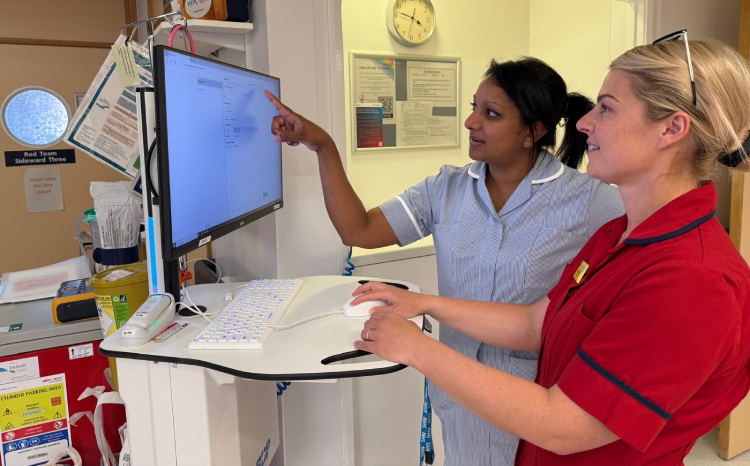Rotherham set to announce EPR contract
- 5 February 2009
The Rotherham NHS Foundation Trust is set to announce the award of a contract for a new electronic patient record system that will see it spend an estimated £30-40m over the next ten years.
The move comes after the trust decided it was essential to tender outside the National Programme for IT in the NHS, and that it was unable to continue waiting for its local service provider to offer suitable software.
E-Health Insider understands the short-list of suppliers to be University of Pittsburgh Medical Centre (UPMC) and Cerner, Meditech and SystemC Healthcare.
In April 2008, Newcastle became the first foundation trust to award a contract outside the national programme, when it selected UPMC/Cerner.
The Rotherham’s decision was made despite significant pressure to wait for delayed strategic software, and the threat of potential financial penalties.
Trust chief executive Brian James said the pressure had abated recently and the trust no longer “believes” it will be liable to fines “as we’ve not been offered an interim solution by the LSP.”
“In any case, I wouldn’t be happy with an interim patient administration system,” he said. The trust’s goal is nothing less than a paperless hospital and using technology to transform the delivery of healthcare.
James says the trust is now naturally at the tail end of the latest roll-out programme for Lorenzo by CSC. “But that’s eight to nine years away. I’ll be happy to replace our new system with Lorenzo when it is a proven system, but we need something right now.”
The trust needs to replace its McKesson TotalCare PAS because: “McKesson have been clear that they will not support the system any further from 2010.”
Even if a further extension of the McKesson support contract is negotiated for the 20-odd NHS TotalCare sites – something currently being suggested – it would make no difference to The Rotherham’s pressing need for a replacement system.
“Our system is 24 years old. It’s not being updated or maintained. It’s not a live system, its dead,” James said. Board papers make it clear that any further contract extension would also require the hardware it runs on to be replaced.
Even so, James admits that he is only able to lead his trust in this direction because it is a foundation trust, with greater freedoms than a normal trust. He feels few organisations would follow the same course “unless they have an ageing legacy system with nowhere to go.”
The Rotherham chief executive adds that his clinicians and other staff need far more than a replacement patient administration system to deliver the far reaching change to safer, digital healthcare the trust is aiming for.
He also says that with just one year of the NHS’ current financial settlement left to run, and the Operating Framework for the NHS in England 2009-10 warning that “very substantial efficiency savings” will have to be made after that, the trust could be facing falling budgets. “Within two years, we need to be working in a much more efficient way,” James said.
Related article




